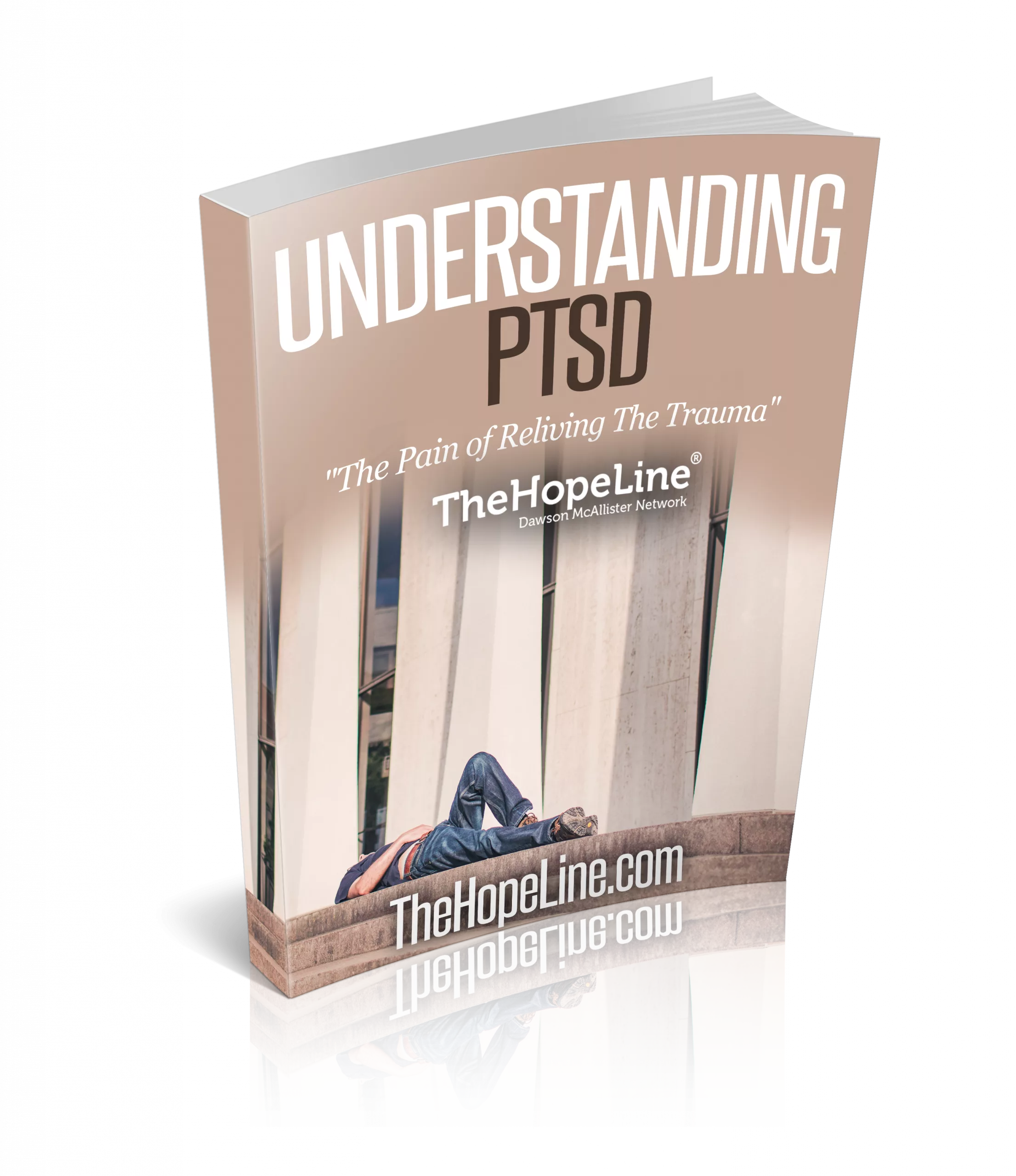Like any other physical or mental illness, your PTSD diagnoses is not your fault. It does not mean you are damaged goods or that things will never get better. There is hope. There are plenty of ways to get help.
You do not need to feel ashamed of your PTSD. It’s very brave to ask for support. With help, you can learn to both deal with the causes of your PTSD and treat its symptoms. You can regain your quality of life and foster healthier relationships with others. PTSD treatment includes:
• Talking about your traumatic experience and how it affected you.
• Identifying triggers for flashbacks, nightmares, and other PTSD symptoms.
• Creating a plan for managing your symptoms which may include therapy, medication, inpatient treatment, or support groups.







 Privacy Policy / Terms of Use
Privacy Policy / Terms of Use